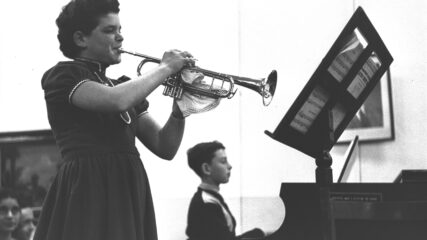June 4, 1899
Ya’akov Hazan, a leader in socialist politics through Israel’s first four decades, is born in Brest Litovsk, Russia.
He is a founder of the Hashomer Hatzair scouting movement in Poland in 1915 and an early member of the HeHalutz agricultural youth movement. He immigrates to Mandatory Palestine in 1923. He works in an orchard and is involved in swamp draining until in 1926 he joins the kibbutz that becomes Mishmar HaEmek. In 1927 he helps found Kibbutz Artzi, a movement of kibbutzim associated with HeHalutz and the socialist Mapam party.
As a leader of Mapam, Hazan supports global communism and the Soviet Union and urges a pro-Soviet stance for his party and state. He argues that the Soviet Communist Party’s opposition to Zionism results from a misunderstanding, and in 1949 he calls the Soviet Union the Jewish people’s second homeland. He begins to turn against the Soviets after the suppression of Prague reformers in 1952 and the death of Joseph Stalin in 1953. He then is instrumental in Mapam’s split with Moshe Sneh, who maintains support for the Soviet Union and joins Maki, the Israeli Community Party.
Hazan serves in the first seven Knessets from 1949 to 1973. He represents Mapam, to the left of the governing Mapai party, until Mapam joins with Mapai’s successor, Labor, to form the Alignment in 1969. He remains active in Israel’s peace movement after leaving the Knesset and is nominated for president in the 1980s. He receives the Israel Prize in 1989 for his life’s work for Zionism and Israel.
Hazan dies July 23, 1992, at age 93. The last of his 13 books, autobiography Childhood and Youth, is published posthumously in 1993.



